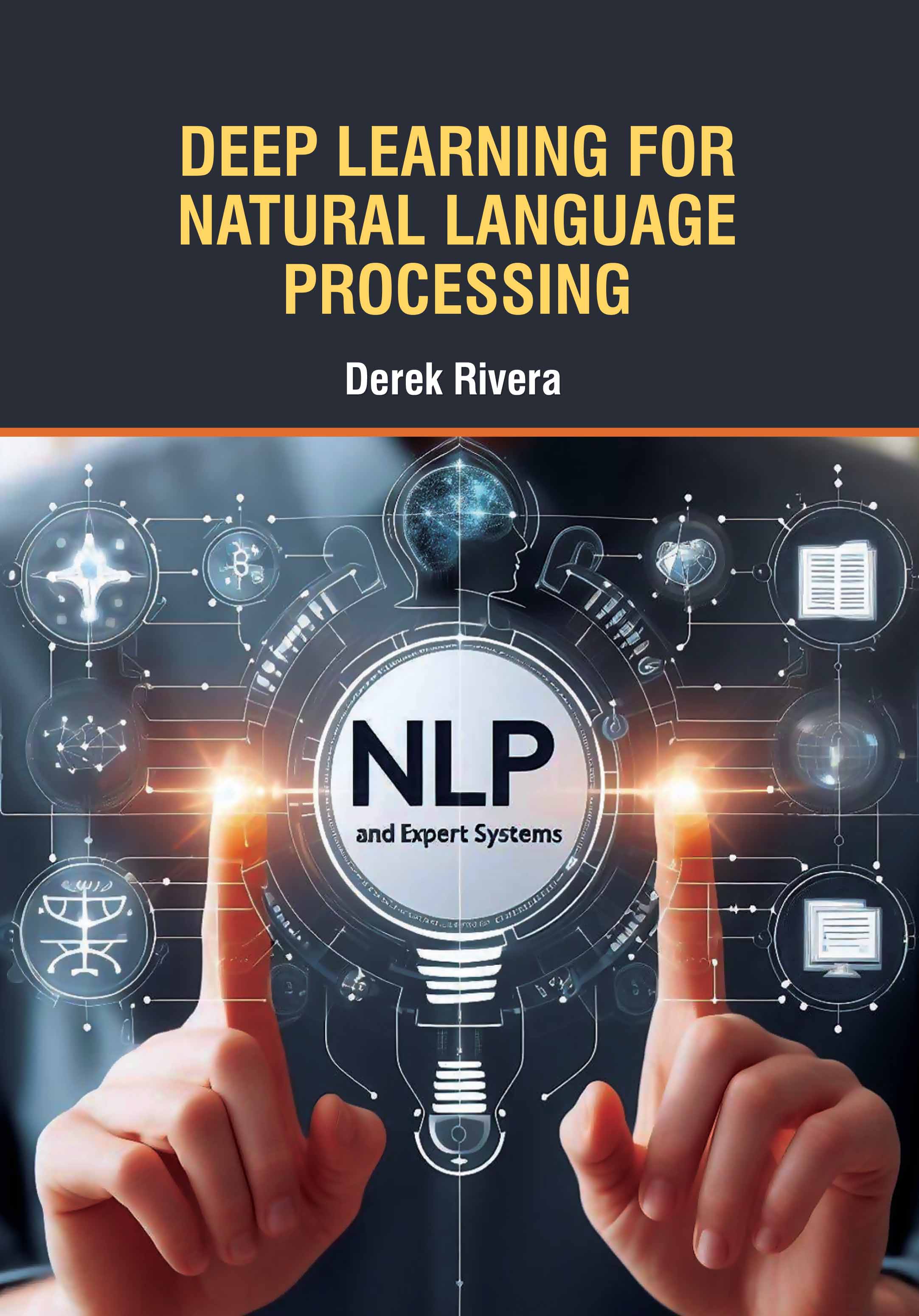About This Book
Numerical Methods are techniques used to solve mathematical problems by numerical approximation
rather than analytical solutions. These methods are essential for solving complex equations and systems
that cannot be solved easily using traditional algebraic methods. They are widely used in engineering,
physics, economics, computer science, and many other fields that require computational solutions. At
the core of numerical methods are algorithms designed to obtain approximate solutions to problems
such as linear and nonlinear equations, integration, differentiation, and differential equations. Common
methods include root-finding algorithms like the Newton-Raphson method, numerical integration
methods such as Simpson's rule, and numerical differentiation techniques. The power of numerical
methods lies in their ability to handle real-world problems where exact solutions are impossible or
impractical. For example, in computational fluid dynamics, numerical methods are used to simulate the
behavior of fluids under various conditions. Similarly, in finance, these methods are used to model
market behavior or calculate risk. While highly effective, numerical methods are also prone to errors, such
as truncation errors and round-off errors. Therefore, understanding the limitations and accuracy of these
methods is crucial. As technology continues to evolve, numerical methods will remain a cornerstone of
applied mathematics, providing essential tools for solving problems that are beyond the reach of
traditional methods. Numerical Methods provides a comprehensive guide to the algorithms and
techniques used to solve complex mathematical problems through numerical approximations.
Contents: 1. Introduction, 2. Theoretical Concepts in Numbers and Their Properties, 3. Numerical
Solution Methods, 4. Sample Theory in Random Error, 5. Practical Issues in Numerical Methods,
6. Practical Numerical Techniques in Interpolation and Regression Analysis, 7. Fundamentals of
Numerical Quadrature.

